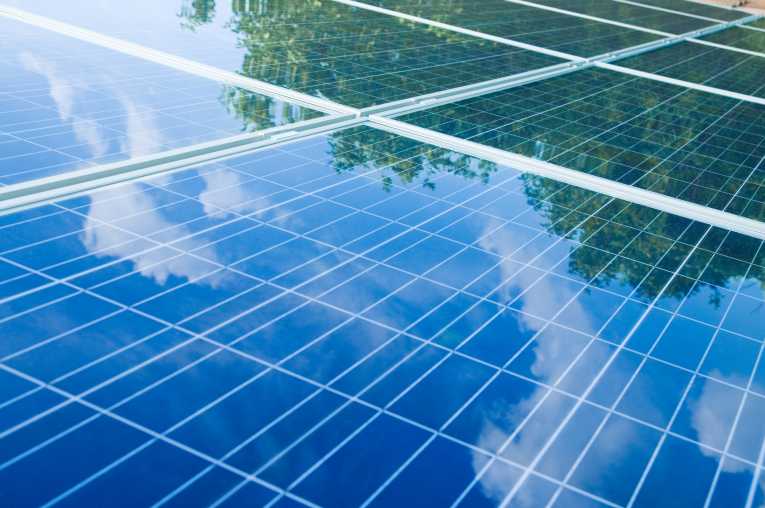Solar power is considered to be a clean and efficient source of electricity and is regarded as a major player in the worldwide effort to reduce greenhouse gases.
The problem is that most of the solar energy systems on the market today have two major weaknesses. The first is that they require vast land areas in order to be built and the second is the very high costs related to the construction and maintenance of the solar cells.
It is hoped that a new technology that comes in the form of floating solar power plants is about to overcome these challenges.
This project results from a collaboration between Solaris Synergy of Israel and the French EDF Group. It has received support from EUREKA, a European network supporting businesses performing close-to-market research and development. The project has been given the 'EUREKA label' AQUASUN.
At a time when leading energy producers are struggling to find land on which to install solar power plants, the project team identified the almost untouched potential of solar installations on water.
These water basins on which the plants could be built are not natural reserves, tourist resorts or the open sea, but are industrial water basins already in use for other purposes, so there will be no negative impact on natural landscapes.
Having solved the problem of space, the team turned its attention to the problem of cost. Using a system of mirrors to concentrate the energy of the sun, a steady amount of power can be produced with a smaller quantity of solar cells.
Secondly, a creative cooling system was developed using the water on which the panels are floating. This enables cheaper solar cells to be used that would otherwise be prone to overheating.
The initial design phase of this innovative project was completed at the end of March 2010 and work began on the building of the prototype. The team is aiming to launch the implementation phase in September 2011 and tests will take place at Cadarache in South Eastern France. This site was chosen because of its location on the French electric grid and its close proximity to a local hydroelectric facility that will provide the water surface to be used for the installation of the system.
The plan is for the trials to last for nine months, enabling the system's performance and productivity to be tested through a range of seasonal changes and water levels. The research team believe that by June 2012 they will have all the information required to allow the technology to enter the market.
Dr Elyakim Kassel, co-ordinator of the AQUASUN project and development manager of Solaris Synergy, pointed out that this was an environmentally friendly project that had no negative impact on flora and fauna and that even dry countries have industrial waters that are not rain dependent. This fact makes the floating solar power plant a reliable method for them to produce renewable energy.
All in all, he said, it was a win-win situation.










